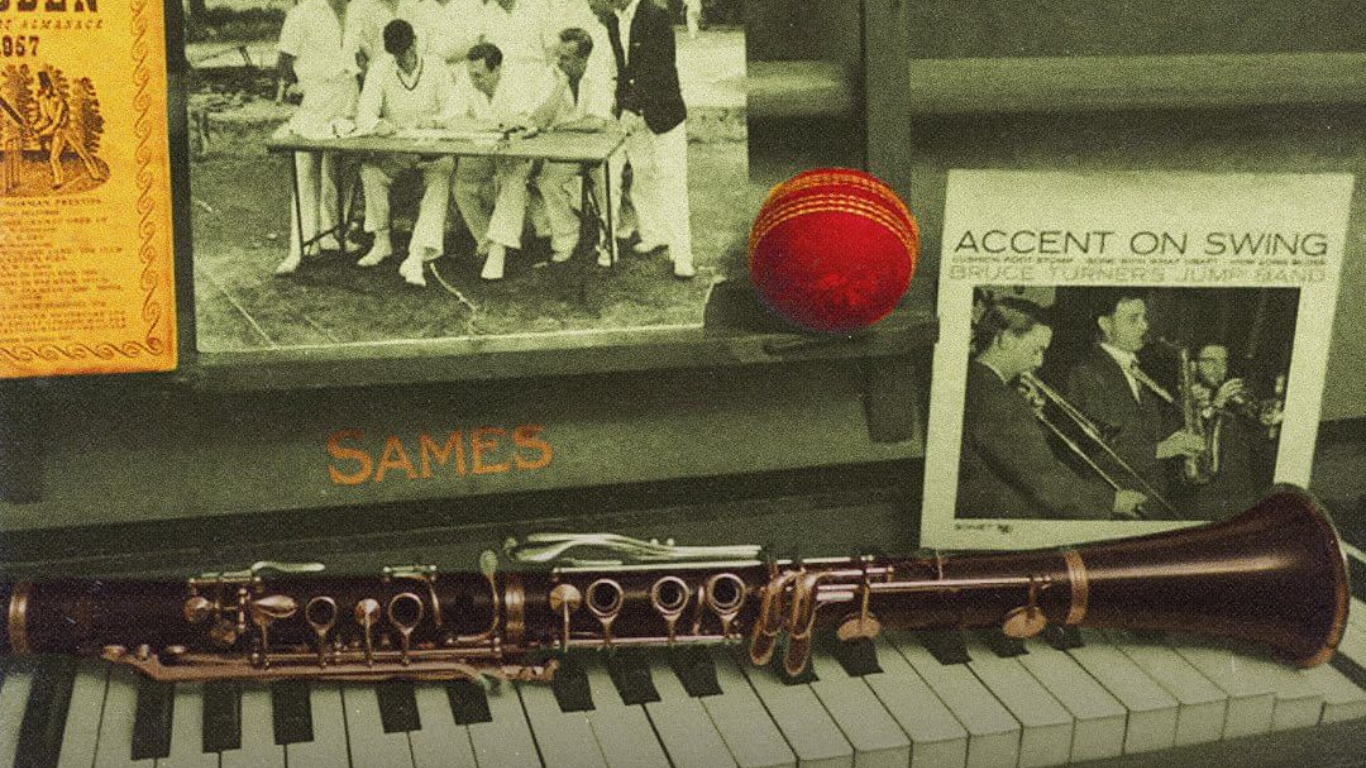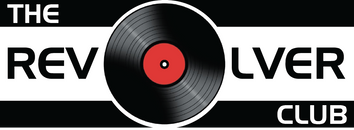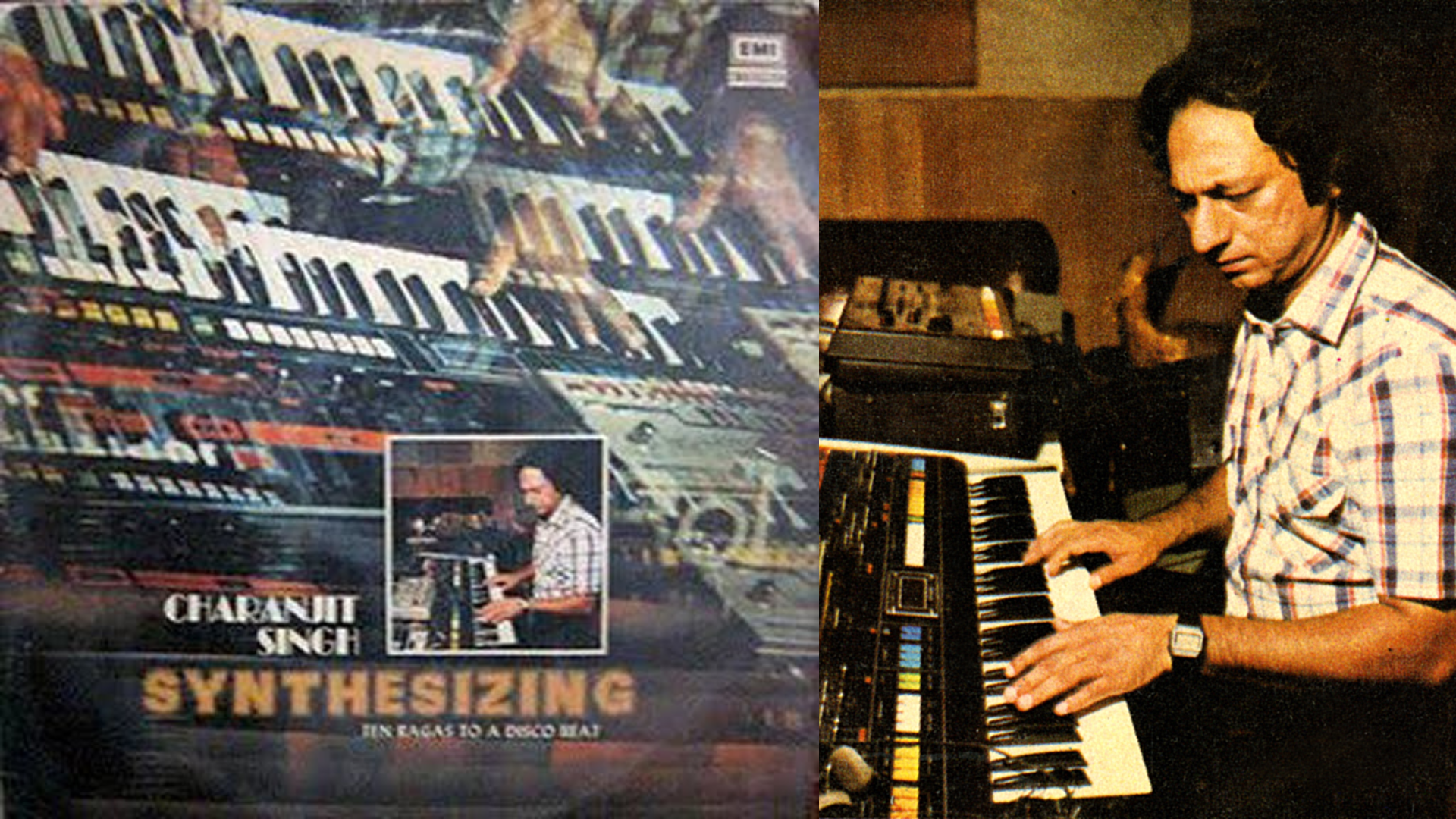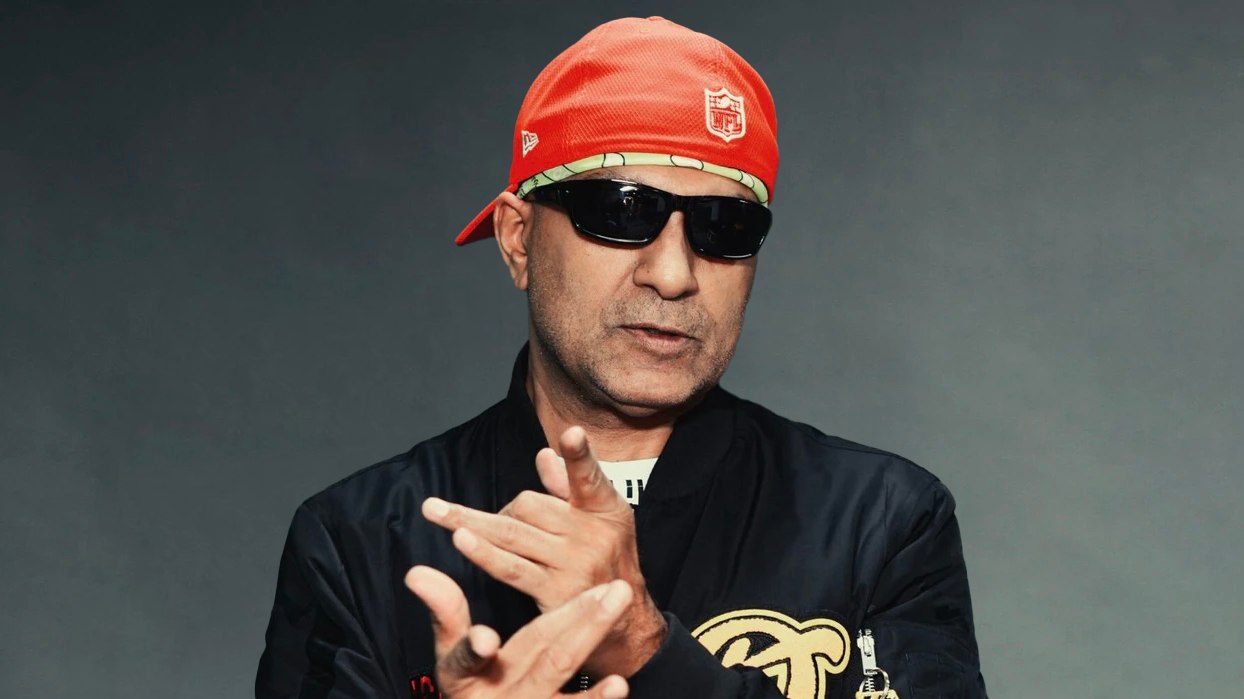Jazz & Cricket: The "Swing" Connection

Documented links between music and cricket have existed since the 20th century. Charles T. West, for instance, composed the Ranjitsinhji Waltz in honor of the renowned Indian cricket player Kumar Shri Ranjitsinhji.
In the 1970s, Roy Harper created the famous song 'When An Old Cricketer Leaves the Crease.' The Duckworth Lewis Method, a musical group co-founded by Neil Hannon of The Divine Comedy, produced 'Meeting Mr. Miandad' in 2009.
1. Roy Harper- When An Old Cricketer League
2. The Duckworth Lewis Method- Meeting Mr Miandad
However, there are many interesting connects between Cricket and specifically with Jazz under the larger context of music
.
As the ICC World Cup nears its end, let's explore parallels between Jazz and Cricket.
In 1956 at Old Trafford, Jim Laker's historic performance of claiming 19 wickets for 90 runs in a Test match was honored by legendary British tenor saxophonist Tubby Hayes with a live tune titled 'Laker's Day.'
During the 1930 cricket tour in England, Donald Bradman recorded 'Old Fashioned Locket' and 'Our Bungalow of Dreams' as a solo artist on a 78 RPM shellac disc (Columbia DB270). Despite the opportunity for a music career, he remained focused on cricket.
Lall Singh, part of the Indian team's inaugural tour of England in 1932, scored 29 in the second innings and had an affair with jazz singer Myrtle Watkins.
In 1962, M.L. Jaisimha received an autographed photo from Ella Fitzgerald after causing a small commotion.
India recently mourned the loss of one of its greatest cricket players, Bishan Singh Bedi. A jazz lover, Bedi formed a Sunday Listening Club with Intikhab Alam during the 1971 Australia tour, discovering jazz and occasionally singing 'When The Saints Go Marching In.'
During the 1970–71 Ashes tour, Vic Lewis served as the musical director for 'The Ashes Song,' performed by Ray Illingworth. The B side of the record featured 'Hello Dolly' with a new ending, 'The Ashes Won’t Ever Go Away Again'! The Vic Lewis Orchestra played at the Paris Festival of Jazz alongside Dizzy Gillespie, Charlie Parker, and Miles Davis.

Read More: Ornette Coleman And The Birth Of Free Jazz






Comments